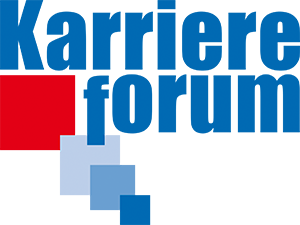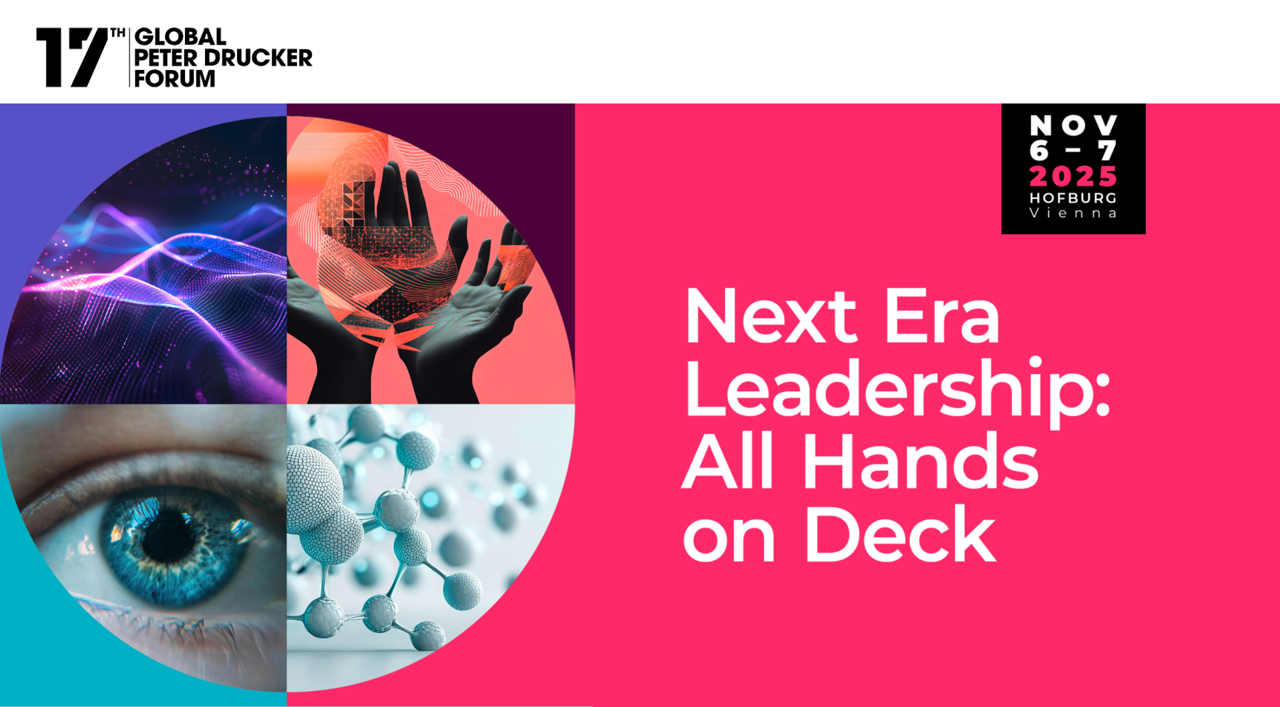Understanding customer behavior and preferences, and making informed market decisions based on available data, provides a competitive edge that propels businesses to the forefront of their game. Successful companies that scale and innovate consistently share this advantage. However, finding and recruiting skilled AI developers and data scientists remains a significant challenge. This is where Pecan AI, a Tel Aviv-based startup, comes in. Pecan AI aims to democratize AI-based predictions, making them accessible without the need for an entire team of data scientists. Pecan AI is a predictive analytics AI platform that helps generate machine learning models from company data. They process 14+ trillion records daily for customers in 15 countries and have raised $117 million in venture capital. We spoke with their founder, Zohar Bronfman, to learn more about their mission and vision.
xBN: What is Pecan AI and where did the idea for Pecan AI come from?
Zohar Bronfman: If we ask ourselves what humans do better than other species, I think predicting is definitely one of those skills. If you take this consideration to the business world, we can say that businesses that are outperforming their competition usually rely massively on AI and predictive capabilities. What sets apart Google, Facebook, Amazon, or Uber is not only their core business model or their Go-to-Market strategy, but also their ability to rely on AI in core processes of prediction. Seeing that humans are good at prediction, we wanted to build a model that does prediction even better than humans. When we were about to graduate with our PhDs, the naive question running through our minds was: If this is so, why isn’t everyone using prediction all the time? Then we realized that it’s not only immensely powerful but also extremely challenging to build proper business predictions and that the main challenges actually lie in nuanced areas like machine learning expertise and data. This is where we can help more individuals make predictions. We wanted to automate a lot of the data engineering and modeling to make data science accessible to a broader tier of data practitioners. This will democratize data science and put the power of prediction into the hands of more professionals. We focused on data analysts and statistics professionals, people who know the data but don’t know data science and AI. With Pecan AI, they can interact in natural language and develop a machine learning model step by step, while our platform guides them through the process. From their goals and interests, Pecan AI will develop exactly the machine learning model that predicts what they wanted to know.
xBN: What kind of predictions are you specializing in?
Zohar Bronfman: I’d say first and foremost it’s customer behavior, specifically customer acquisition, engagement, and retention. We want to empower businesses to find out how to acquire customers more efficiently, how to engage them and get more out of the interaction with them, and how to retain them and make sure they don’t churn. These are the three core pillars of customer use cases we address. Ideally, this would be suited for companies in a large mass market rather than for individual small cases. You’d want to have a relatively large body of customers in the hundreds of thousands and you’d like to predict something very specific at a very specific point in time about each customer. For example, Zohar is about to churn next week with X percent likelihood, Isabella is about to churn next month with Y percent likelihood. This way, you will generate a far better understanding of your customers and their behavior.
Basically, we empower people with data to become data scientists. Pecan AI creates the machine learning model for them from the data sets they have and from the questions they seek to answer. Actually, it’s that simple. I have to admit: Making the platform was not that simple, but ease-of-use for the customer and useful results were the goals.
xBN: Known for tricky questions – so here’s the first one: Data are not predictive – because tomorrow I can do something totally different.
Zohar Bronfman: Right. This is a terrific point. I agree the future is almost by definition uncertain and it’s impossible to predict something with extremely high likelihood. Basically, what you do with predictions is identify patterns. Pattern recognition is a powerful way to know what customers like. We can learn from the products they purchased – their behavioral signature, as we call it, that you are able to track. There is a very complex pattern that the human eye can’t really see, but a new person who hasn’t bought the bag yet might be identified by machine learning as similar to others who have bought Louis Vuitton based on where they live, their income, the listings they visited, and their previous purchases. You cannot make a definite prediction, and this individual person might not buy Louis Vuitton, but if it looks like a duck, smells like a duck, and behaves like a duck – maybe it’s a duck.
xBN: Great point! Thank you. I have another question on resonance: Today we cannot linearly predict because the world has ceased to be linear. Maybe it was never linear anyway. Also, the world is not always exponential. In many cases, it’s just random. Some messages resonate with millions of people overnight. We can work with monitoring data and alert systems from real-time data to detect phenomena like these quickly. Can you throw in what you measured yesterday into the same model and know how to work with such data sets and develop insights?
Zohar Bronfman: Resonance is indeed tricky. You upheld your promise that you would ask challenging questions. The short answer is: You would be indeed better off with a real-time monitoring system. Pecan AI would not typically be suited to do these kinds of alerts. Pecan AI works well with a wealth of historical data, not with things that occur overnight. With machine learning, we need a lot of examples over time. So, this is a great differentiation of what monitoring systems do well versus what machine learning does well.
Machine learning will also identify anomalies that occur over time. It is great at isolating anomalous events, and there are great systems for this, such as those used in cybersecurity. However, that’s not the typical use case for Pecan AI. Our specialty is patterns and customer behavior, not the edge cases. We specialize in what occurs in a business every day. We set out to explain how your core business works in terms of what the customer wants and predict how likely a customer is to buy or churn. So, I think your question outlined well the different strengths that individual systems will have.
xBN: Thank you, that’s a great way to look at different tools. The fourth question I have is about your plans for Pecan AI. What are your goals, how has it been so far, and what are the next steps?
Zohar Bronfman: The number one goal is to empower as many data specialists and statisticians as possible with our platform to become predictive business partners, i.e., data scientists. Typically, data analysts and statisticians know their data well and they usually have well-curated data. Pecan AI is on a mission to empower people with data to become data scientists. The Generative AI market overall is overhyped. There is so much noise, and in combination with misunderstanding and over-promising about what AI can do, it becomes counterproductive. When there’s so much noise, eventually there’s a bubble, and then the bubble pops, and there will be many casualties, and the market will consolidate. We’ve seen these cycles before. This is also predictive (laughs).
Back to our platform: We say, just give it a try, you’ll see how well it’s going to work.
xBN: Thank you for this very insightful conversation – and for the test period granted. I have seen how Pecan AI works and confirm that this is a game changer for predictions. So, thanks again.
Zohar Bronfman: Thank you, that’s good to hear. You delivered on your promise to ask interesting questions. This was by far the deepest interview I’ve had.












